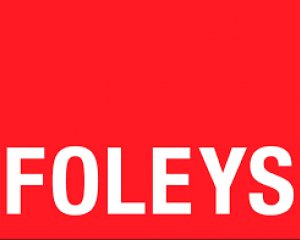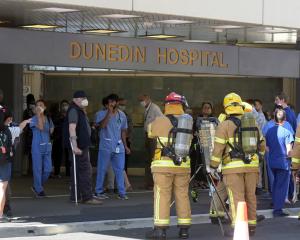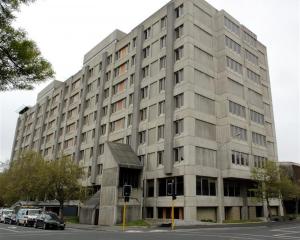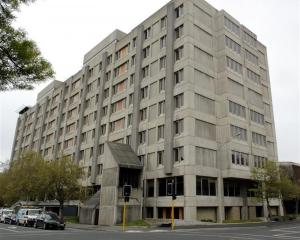Mr Hunter was referring to quarterly district health board league tables, which this week revealed the Southern District Health Board as the second-worst performer for treating emergency department patients within six hours (83%), beating only Capital and Coast DHB.
The target is for 95% of patients to be transferred, discharged or admitted within six hours.
Nearly a third of Dunedin Hospital patients were not treated in the timeframe, he said.
Mr Hunter hoped to see improvement within two or three months to the "pretty damned miserable" experience of many patients at Dunedin Hospital.
He outlined July's Putting the Patient First report that revealed Dunedin Hospital's failure to adequately manage patient volumes amid crumbling infrastructure while trying to cut costs.
He revealed the group, which comprised clinicians, management, and board representation, "pushed out" its report quickly to beat the damning National Health Board review a month later: "We thought it was better to get it out first."
This led to the "fundamental error" of releasing the document to the Otago Daily Times before releasing it to staff.
The group was also criticised internally for not considering the whole DHB, but it had had enough to do dealing with Dunedin Hospital.
Over-emphasising cost-cutting had led to strong divisions between departments, hindering collaboration. This wasted money in the long run.
The DHB had chased elective surgery targets to attract extra funding, and other services were neglected. Targets could be dangerous for this reason.
Mr Hunter was sceptical of the "clinical engagement" concept, which seemed to mean: "Have a meeting with [clinicians] then ignore them and do what you were going to do anyway".
Breaking through the cynicism of health workers after "20 years of cost-cutting" would not be easy and required investment in facilities, plant and services.
Mr Hunter expected the new Southern DHB chief executive, who is being recruited, would restructure the organisation.
The lag between chief executives created the risk of losing momentum from the Putting the Patient First and National Health Board reports.
The Southern DHB had been "severely chopped about" by criticism from the NHB.
There was a "real danger" the two organisations were pointing at one another to find the money needed for improvements.
He criticised the population-based funding model, saying the Ministry of Health's resistance to explaining it indicated parts were "probably made up on the back of an envelope".








